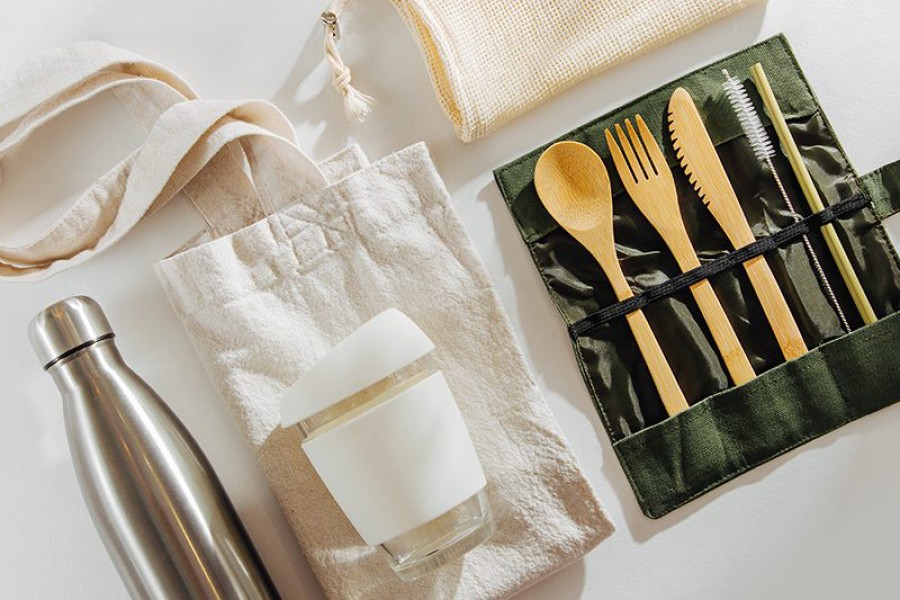
In the recent years, we have seen the growing trend for sustainable products. Producing sustainable products and business gifts contributes to a better environment, and your brand image in the long run.
We have a wide selection of sustainable promotional merchandise and corporate gifts that are not only produced in an eco-friendly manner but also made from sustainable materials.
As part of our DTC Sustainability initiative, we are creating a series of articles about sustainable promotional product materials. In the first of our sustainable material article series, we will examine using Aluminium, Bamboo, Ceramic, and Cork, as an alternative to less sustainable materials.
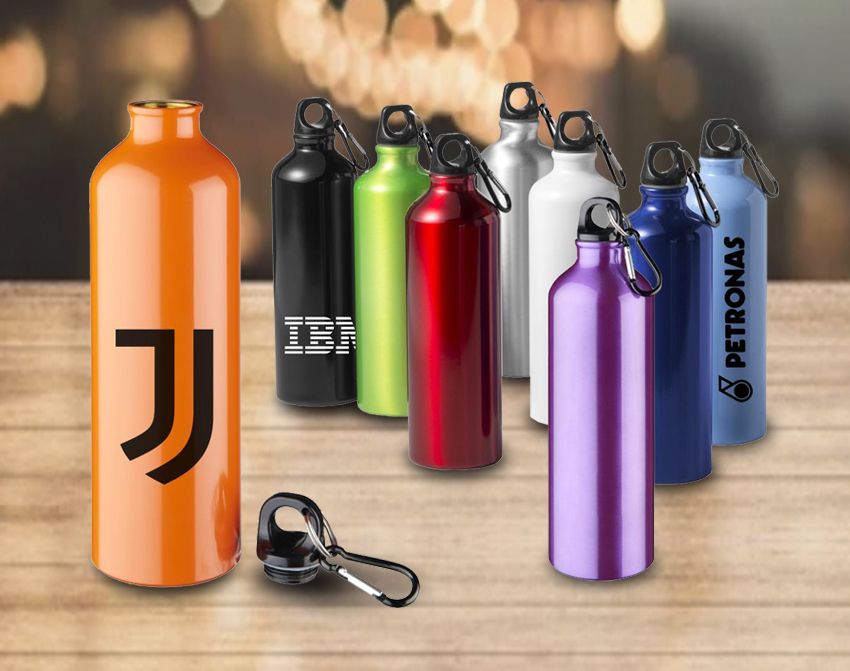
Aluminium is one of the most environmentally friendly metals on the planet. It is the most recycled of any industrial metal. Of the more than 1 billion tons of aluminium ever produced, roughly 75% of the versatile and lightweight metal is still in use today thanks to recycling.
Aluminium is one of the worlds' most environmentally friendly metals in terms of efficiency and sustainability. That is because aluminium, once melted down, will not change any of its properties. That means aluminium can be recycled infinitely. On top of that, during the recycling process of aluminium, the metal saves around 95% of the energy needed to produce aluminium from scratch.
See products made with Aluminium
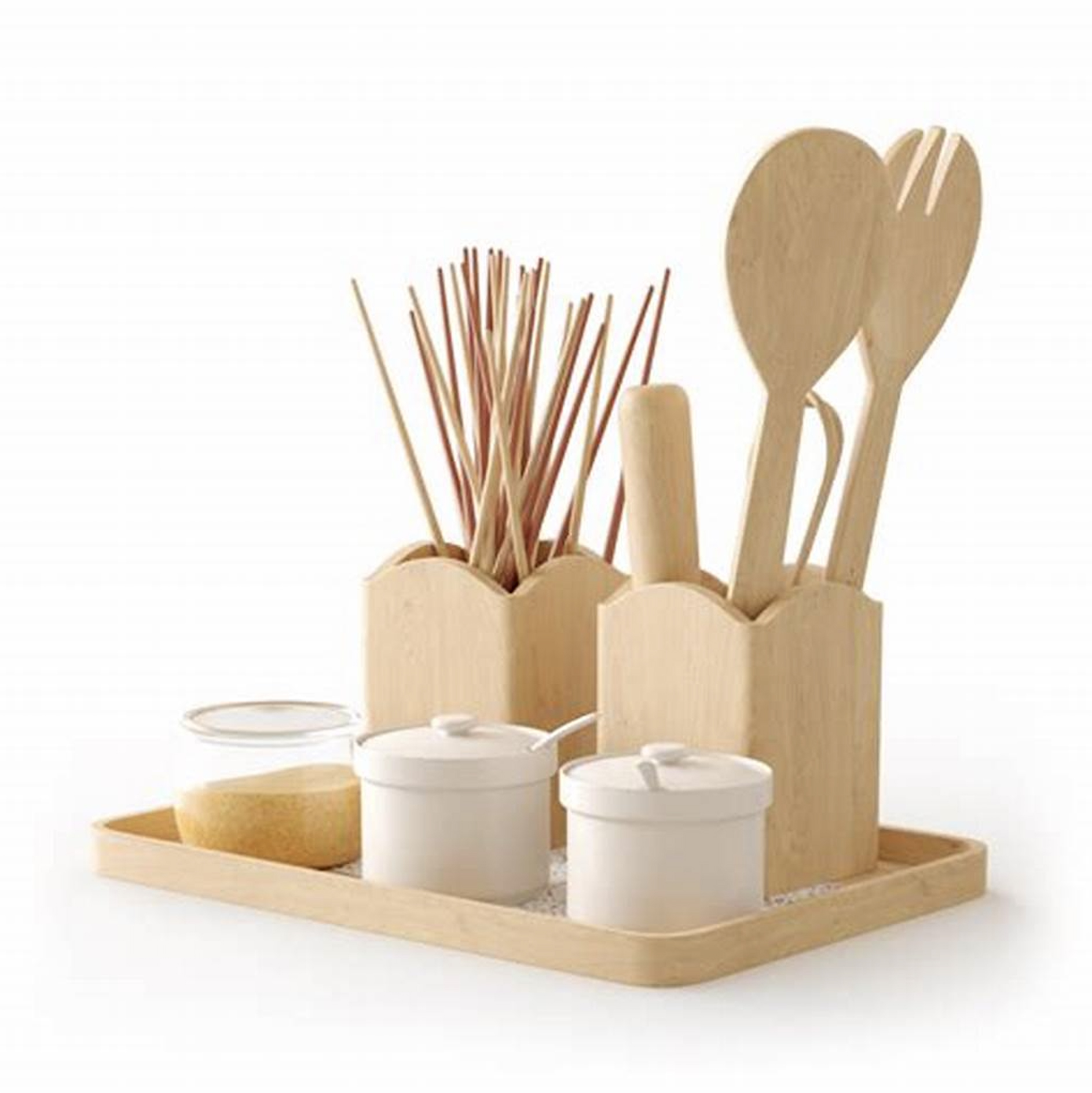
Bamboo grows extremely fast, and needs very little maintenance to grow – all without any use of pesticides. Similar to regular trees, bamboo also absorb carbon dioxide (CO2). In fact, it absorbs up to 35% more CO2 than regular trees. Because of its growth rate it can be harvested every three to seven years. Typically, timber is harvested when trees are around 30-50 years old. It also takes less energy and other resources to produce bamboo over wood or steel.
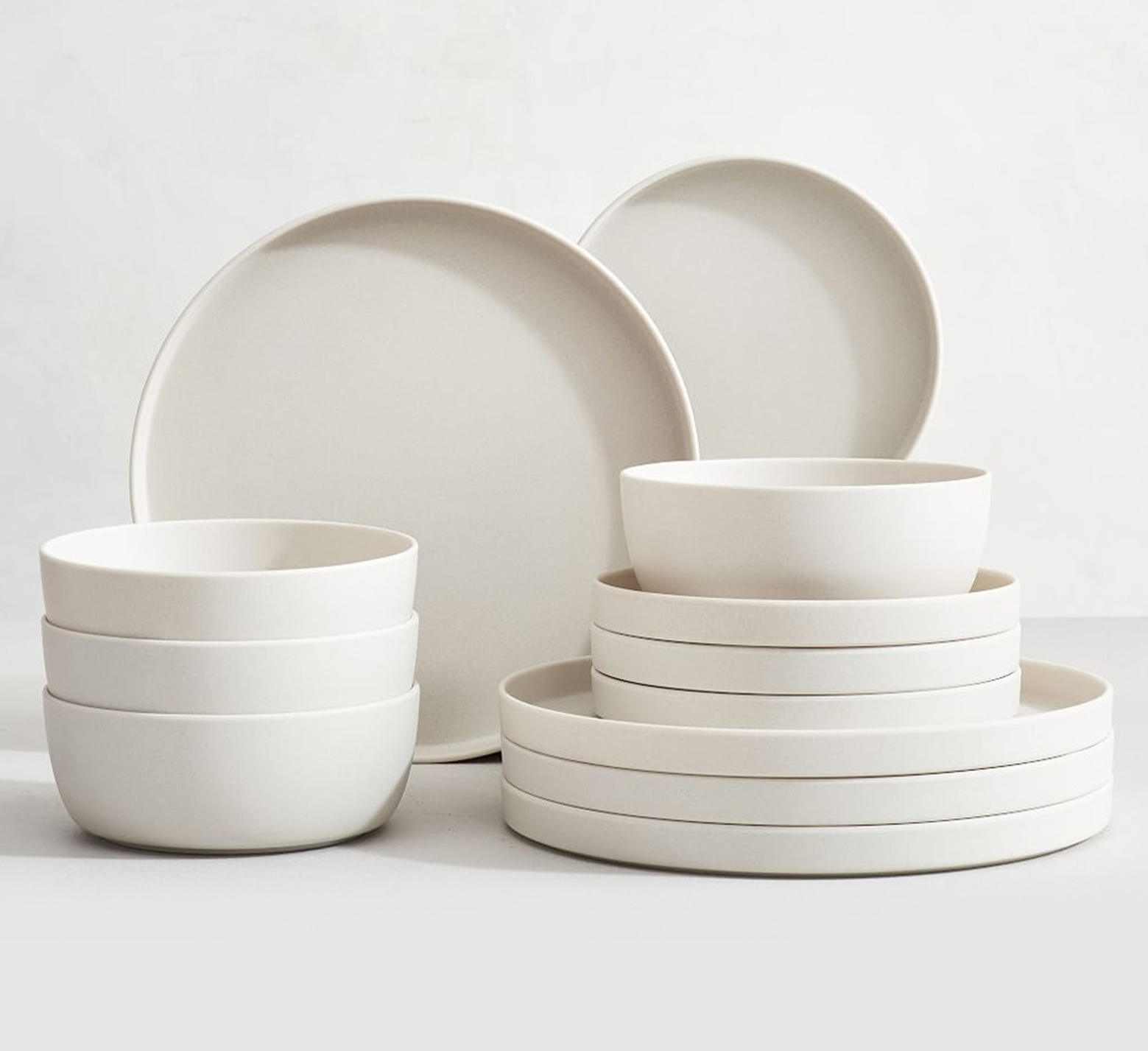
Ceramic is a relatively sustainable material with a wide variety of applications. Its stability and durability make it an excellent choice for a wide range of products in many different environments. One drawback is its relatively high cost as opposed to some alternative materials, but the ability to re-use ceramic products, enabling a longer useful lifespan, can help to offset this additional expenditure.
See products made with Ceramic
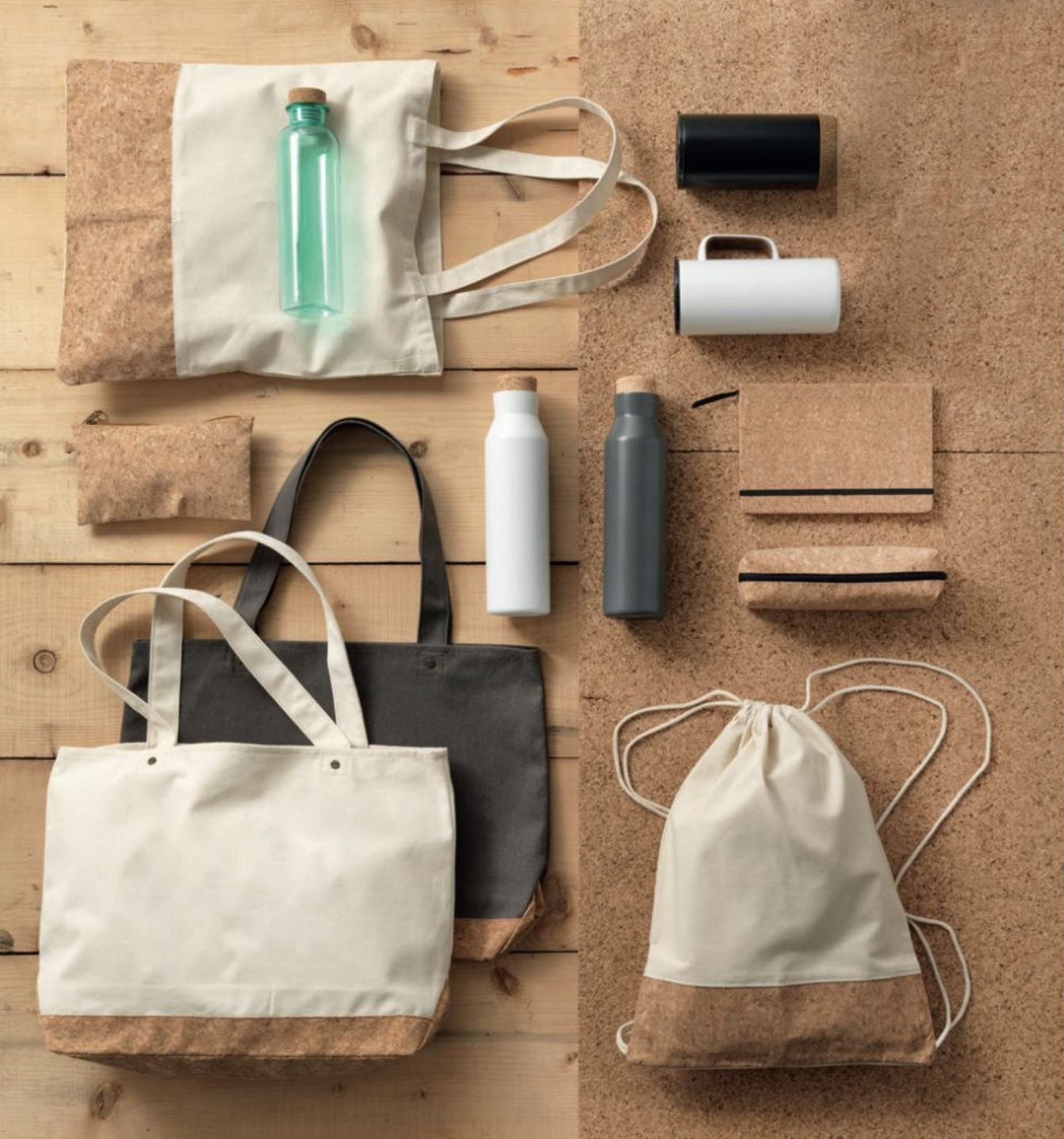
Cork is indeed one of the most eco-friendly resources on the planet. Besides being waterproof, buoyant, elastic, fire resistant and unique in its appearance, it is a naturally harvested material.
Do you know that a cork tree is not cut down by anyone looking to gather cork?
Instead, it's the bark of the cork oak that is harvested for cork that you find in everyday products. But here's the cool thing. Once you strip a cork tree of its bark for harvesting, the tree continues to live and grow, and while it does that, it produces more, new bark that can be harvested. Therefore, the easy and sustainable production of cork, combined with the recycling of current cork products makes this material particularly sustainable.
Now that you are informed of the options available for eco-friendly and sustainable materials, you can start planning a Sustainable gift for your next marketing campaign.
Still in need of more information? Fret no, contact DTC to find out more!
Click here to read other Blogs.
